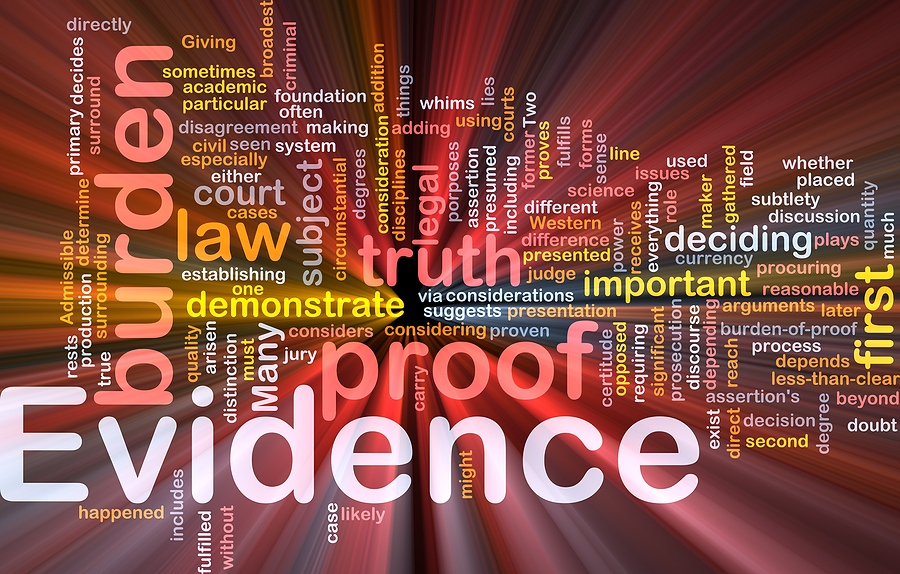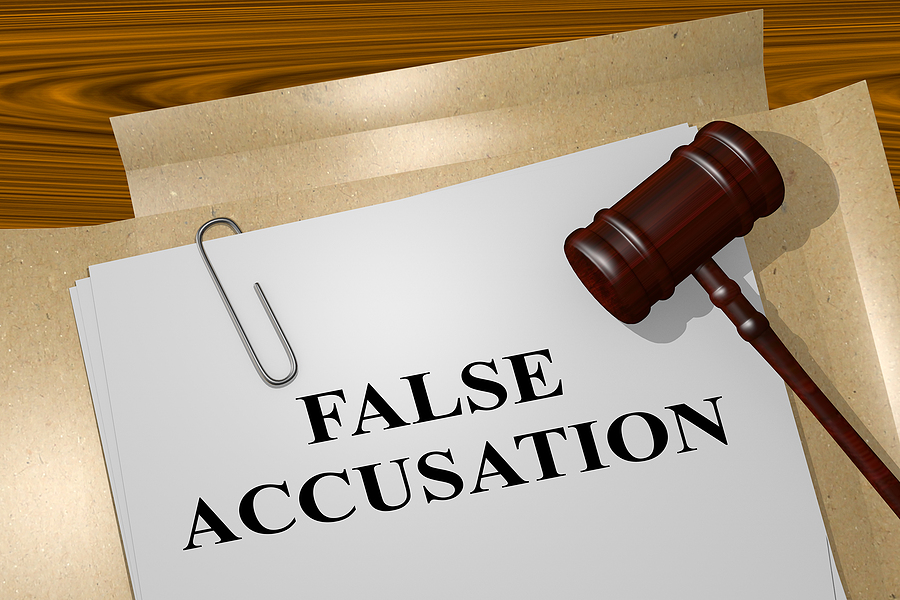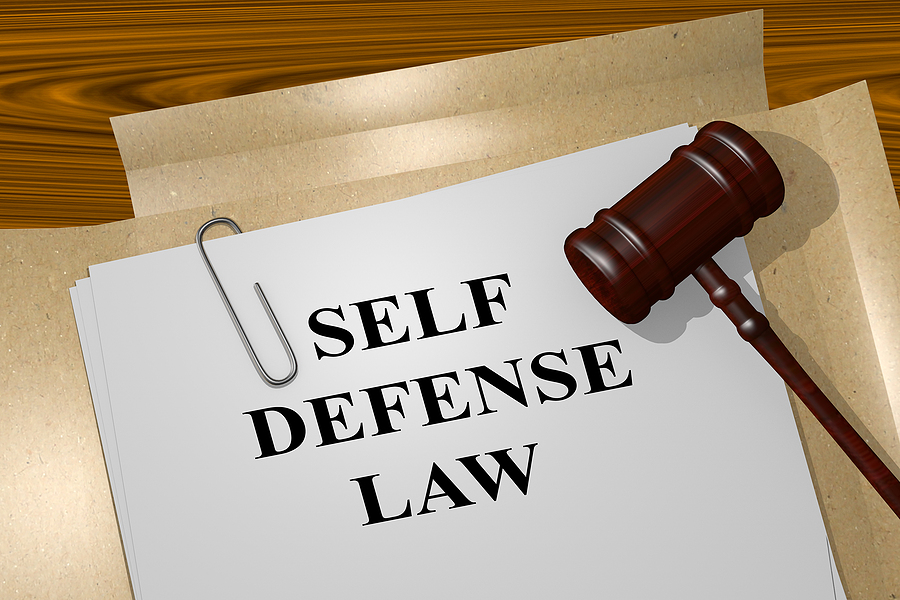Indiana law regarding firearms has undergone significant changes in recent years, specifically with the introduction of “Constitutional Carry.” While the ability to carry a handgun has become more accessible for many law-abiding citizens, the penalties for firearm-related crimes remain severe.
For residents of Indianapolis, understanding the distinction between legal carry and criminal possession is vital. A misunderstanding of these statutes can lead to felony charges, substantial fines, and years in prison. Whether you are a gun owner or simply a concerned citizen, knowing how the state prosecutes firearm offenses is the first step in protecting your rights.
This guide explores the current legal landscape in Indianapolis, breaking down the specific penalties for possession, armed robbery, and sentencing enhancements that can drastically alter a court’s ruling.

Understanding Indiana’s “Permitless Carry” Law
On July 1, 2022, Indiana joined nearly two dozen other states in enacting a permitless carry law (HEA 1296-2022). This legislation fundamentally changed how handguns are regulated within the state.
Previously, carrying a handgun required a specific license. Under the current law, any “eligible person” may legally carry, conceal, or transport a handgun without a state-issued permit. However, this freedom comes with strict limitations. It does not mean anyone can carry a gun anywhere.
Who is Still Prohibited?
The law explicitly excludes “prohibited persons” from permitless carry. If you fall into one of these categories (defined under IC 35-47-2-1.5), carrying a firearm remains a criminal offense. Prohibited individuals include those who:
- Have been convicted of a felony (punishable by over one year of imprisonment).
- Have been convicted of domestic violence or stalking.
- Are subject to a protective order.
- Are under indictment for a felony.
- Are fugitives from justice.
- Have been adjudicated as dangerous or mentally defective.
Furthermore, private property owners in Indianapolis retain the right to ban firearms on their premises. If you carry a weapon onto private property where it is prohibited—such as a business, workplace, or private residence—you could face criminal trespassing charges.
Penalties for Unlawful Possession
While the permit requirement has vanished for many, the consequences for unlawful possession have not. The severity of the punishment often depends on the offender’s criminal history and the circumstances of the arrest.
Possession by a Serious Violent Felon
Indiana law is particularly harsh regarding individuals classified as “serious violent felons.” Under IC 35-47-4-5, a serious violent felon is someone previously convicted of crimes such as murder, voluntary manslaughter, rape, robbery, or burglary.
If a person with this classification knowingly or intentionally possesses a firearm, they commit a Level 4 Felony. In Indiana, a Level 4 Felony carries a fixed prison term of between 2 and 12 years, with an advisory sentence of 6 years. The court may also impose a fine of up to $10,000.
Possession on School Property
Carrying a firearm on school property remains strictly regulated. Even with permitless carry, bringing a firearm onto school grounds can result in a Level 6 Felony, punishable by 6 months to 2.5 years in prison.
Meet With a Felony Crime Lawyer for Free, Today ✅
Penalties for Firearm-Related Crimes
When a firearm is used during the commission of another crime, the legal stakes rise exponentially. The presence of a deadly weapon acts as an aggravating factor, elevating misdemeanor charges to felonies and increasing the potential prison time for existing felonies.
Criminal Recklessness with a Deadly Weapon
Criminal recklessness involves engaging in conduct that creates a substantial risk of bodily injury to another person. Generally, this is a Class B misdemeanor. However, if the act is committed while armed with a deadly weapon, it becomes a Level 6 Felony (IC 35-42-2-2).
The charges escalate further if a firearm is discharged into an inhabited dwelling or a place where people have gathered. In these instances, the charge is elevated to a Level 5 Felony, which carries a prison term of 1 to 6 years.
Armed Robbery
Robbery—taking property from another person by using or threatening force—is a Level 5 Felony. However, under IC 35-42-5-1, the charge becomes significantly more serious if a weapon is involved:
- Level 3 Felony: If the robbery is committed while armed with a deadly weapon or results in bodily injury. The sentencing range is 3 to 16 years.
- Level 2 Felony: If the robbery results in serious bodily injury. The sentencing range is 10 to 30 years.
Sentencing Enhancements for Firearm Use
One of the most critical aspects of Indiana firearm law is the sentencing enhancement found in IC 35-50-2-11. This statute allows the state to seek an additional fixed term of imprisonment if a firearm was knowingly or intentionally used in the commission of certain offenses, such as kidnapping, criminal confinement, or felonies resulting in death or serious bodily injury.
If the court applies this enhancement, the offender faces an additional 5 to 20 years in prison. This time is served consecutively, meaning it is added on top of the sentence for the underlying crime.
Homicide Involving a Firearm
The most severe penalties are reserved for homicide cases. Under IC 35-50-2-3, a murder conviction in Indiana carries a fixed term of imprisonment between 45 and 65 years, with an advisory sentence of 55 years.
If the offender was 18 or older at the time of the crime, the state may seek life imprisonment without parole or the death penalty, depending on the aggravating circumstances.
Defenses Against Firearm Charges
Facing a firearm charge does not guarantee a conviction. The complex nature of these laws means that the details of the arrest matter. Common defenses in Indianapolis courts often revolve around the Fourth Amendment and the concept of possession.
- Illegal Search and Seizure: If law enforcement discovered the weapon through an unlawful traffic stop or a search warrant that lacked probable cause, the evidence may be suppressed.
- Constructive Possession: Just because a gun was found in a car or home you were in does not automatically mean it was legally “yours.” The state must prove you had both the intent and capability to maintain control over the firearm.
- Self-Defense: Indiana has robust self-defense laws. If you used a firearm to protect yourself or another person from imminent serious bodily injury or a forcible felony, you may be justified in your actions.
Protecting Your Future in Indianapolis
The shift to permitless carry has created a sense of leniency regarding firearms, but the reality of the penal code tells a different story. Indiana prosecutors aggressively pursue firearm enhancements and violent felony charges. A conviction can result in the loss of voting rights, the permanent loss of gun ownership rights, and years away from your family.
Navigating the criminal justice system in Marion County requires an in-depth understanding of these statutes and the specific sentencing guidelines that apply to your case.
If you or a loved one has been arrested for a gun crime, you need a legal team that understands the nuances of Indiana’s firearm legislation. Contact Us Today for a free criminal defense case review in Indianapolis, Indiana. Let us help you understand your options and build a defense to protect your freedom.
Related Post: Do I Need a Permit to Carry a Handgun in Indiana?









